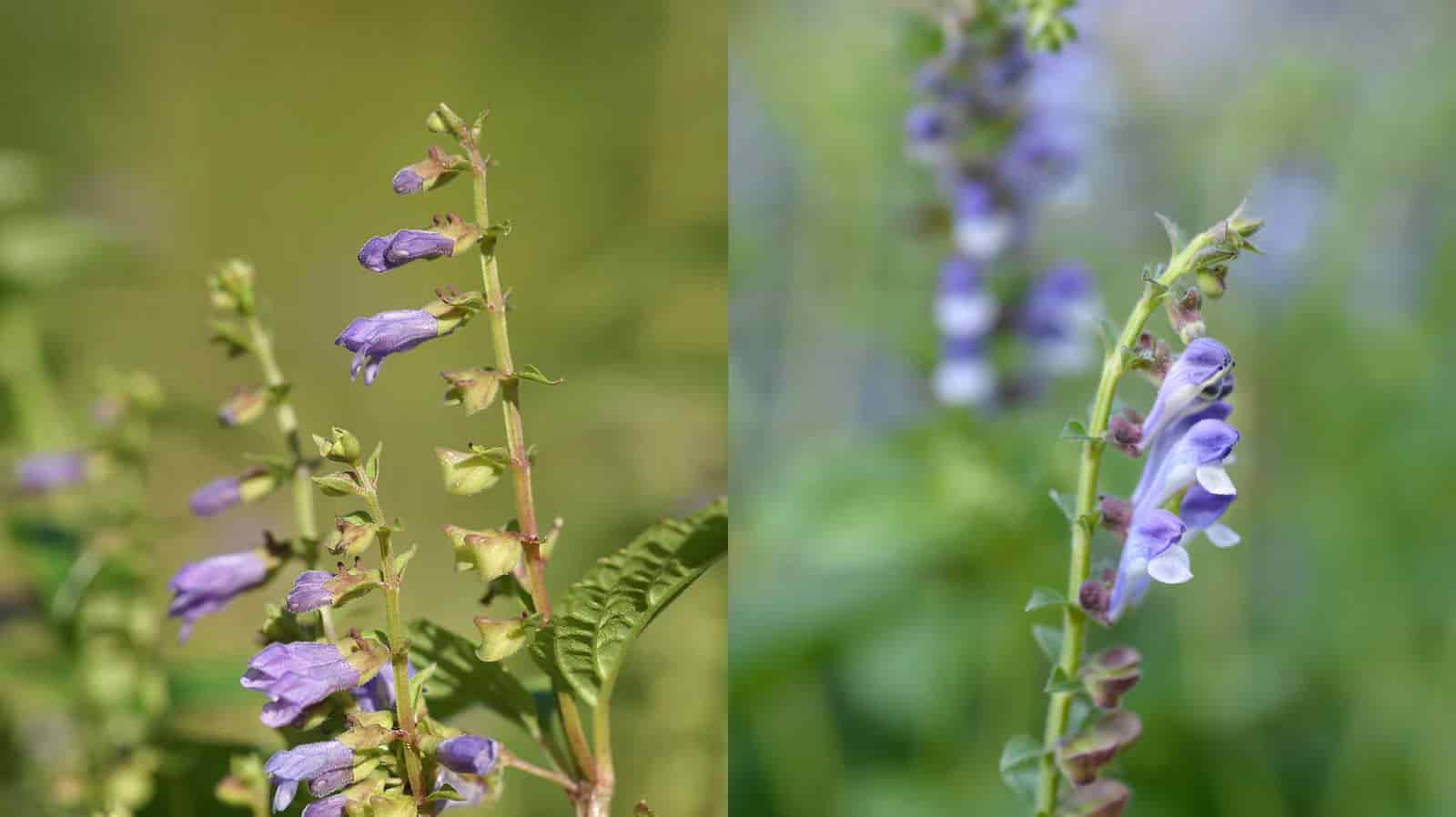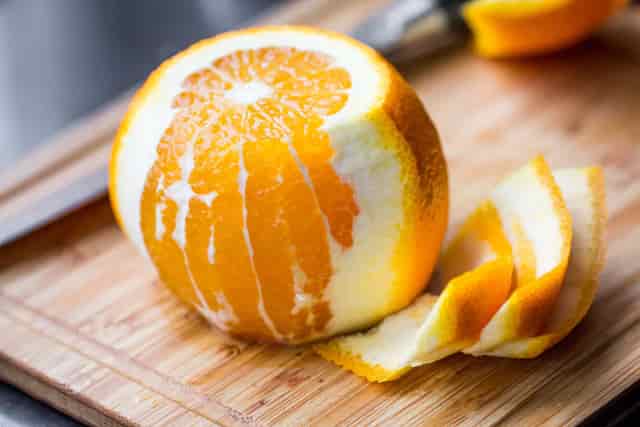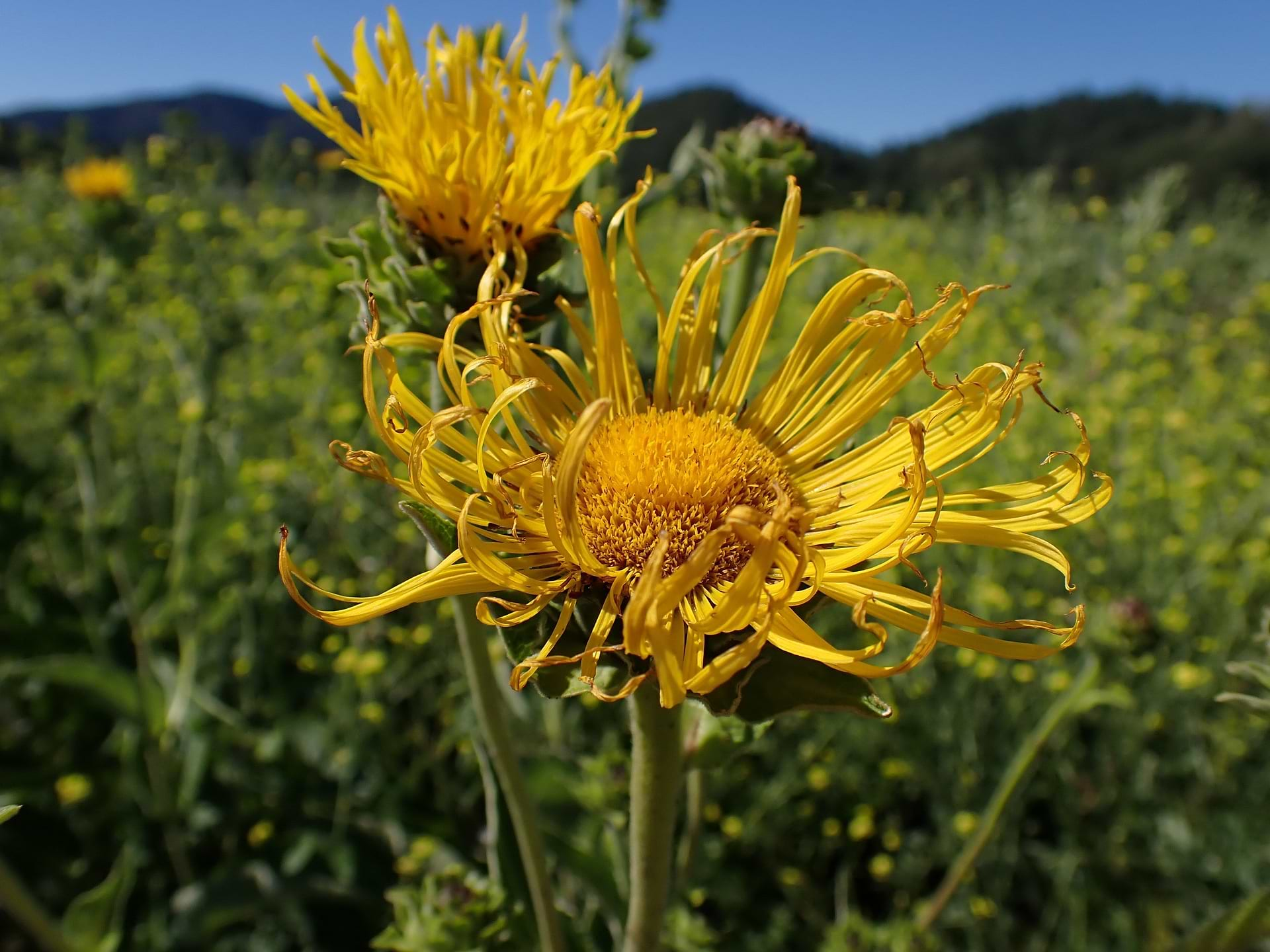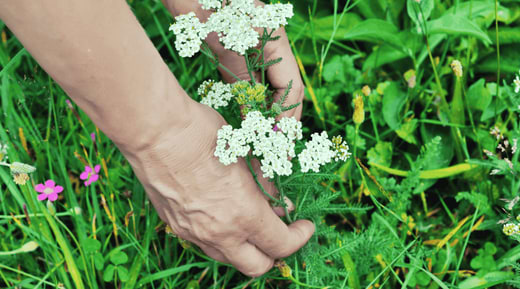When it comes to medicinal herbs, few can claim the mystique and legacy of yerba santa. This aromatic shrub, native to the rugged landscapes of the western United States, is more than just a pretty plant—it’s a herbal multitasker with a reputation that spans centuries. Revered by Native American tribes for its versatility and celebrated by modern herbalists, yerba santa (Eriodictyon californicum) has earned its place in the herbal hall of fame. Historically, it was a team player, often paired with other herbs to create powerhouse remedies that highlight its unique role in traditional healing.
Translated from Spanish as “holy herb,” yerba santa’s name isn’t just poetic—it’s a nod to the deep respect it has commanded through generations. Modern science now backs up its ancient reputation, spotlighting its impressive benefits for respiratory health, immune support, and even ceremonial practices. This isn’t just an herb—it’s a botanical powerhouse with the kind of versatility that makes it a must-have in any herbal wellness toolkit.
Ready to dive into the world of yerba santa? From its wild origins and centuries of use to the science-backed benefits that keep it relevant today, we’re exploring why this “holy herb” deserves a prime spot in your natural health routine.
What is Yerba Santa?
Yerba Santa, also known as Eriodictyon californicum, is a distinctive shrub native to the chaparral and woodlands of California, Oregon, and Arizona. Known for its aromatic leaves and resilience, this member of the Hydrophyllaceae family goes by several names, including Holy Herb, Mountain Balm, and Bear Plant. For centuries, Native American tribes harnessed its medicinal properties, especially for respiratory ailments like colds and coughs. With its varnished, leathery leaves and delicate tubular flowers, yerba santa is a striking addition to any landscape and an invaluable tool in herbal medicine.
A Plant with a Rich Heritage Among Native Americans
Yerba santa has deep roots in the traditions of Native American tribes, including the Chumash and Cahuilla, who valued it as a remedy for respiratory and immune support. Decoctions made from the plant’s resinous, sticky leaves addressed coughs, soothed sore throats, and cleared bronchial congestion. When Spanish settlers arrived, they were so impressed by the plant’s healing potential that they named it “holy herb.” Yerba santa quickly became a staple in the Spanish missions, a testament to its cultural and medicinal significance.
Respiratory Health Benefits
Yerba santa is best known for its respiratory benefits, making it an excellent ally for those dealing with seasonal congestion, colds, or other respiratory issues.
Key Benefits for Respiratory Health:
-
Lung support: Helps to open the lungs and clear mucus, easing congestion.
-
Allergy relief: Acts as a decongestant, providing relief from seasonal allergies.
-
Mucus membrane health: Flavonoids in the plant help soothe and strengthen irritated mucus membranes.
Research shows that yerba santa supports healthy mucus production while addressing the health of mucosal tissues, providing comprehensive respiratory support. This dual-action approach makes it a valuable tool for maintaining respiratory wellness.
Flavonoids and Medicinal Properties
Yerba Santa is rich in flavonoids, potent plant compounds known for their free radical scavenging properties, which contribute to the herb’s various health benefits.
Key Benefits from Flavonoids:
-
Protection against oxidative stress: Flavonoids help protect cells from oxidative stress and support longevity.
-
Immune support: Yerba santa contains eriodictyol, a phytochemical known to bolster immune function.
-
Urinary tract health: Some herbalists use yerba santa as a natural urinary antiseptic, supporting urinary tract wellness.
The high flavonoid content in yerba santa sets it apart from other medicinal herbs, making it a valuable addition to holistic health routines.
Beyond Respiratory Health
While primarily known for respiratory support, yerba santa’s benefits extend to various areas of health.
-
Topical uses: Yerba santa leaves can be crushed and applied externally to soothe bruises, sprains, and muscle tension.
-
Ceremonial uses: The plant’s aromatic leaves have been traditionally burned in smudging rituals, often combined with other fragrant herbs to cleanse spaces and set intentions.
-
Flavoring agent: Due to its slightly sweet and bitter taste, yerba santa extracts are sometimes used as flavoring in certain products.
These diverse applications showcase yerba santa’s versatility in promoting both physical and spiritual well-being.
Synergistic Herb Combinations with Yerba Santa
Yerba santa works well with other herbs, enhancing their effects in natural wellness.
-
Eucalyptus: Pairs with yerba santa to boost respiratory benefits and provide additional decongestant support.
-
Mullein: Adds complementary lung support, helping to soothe the respiratory tract and promote mucus clearance.
-
Ginger: Contributes warming, anti-inflammatory effects, working synergistically with yerba santa for immune and respiratory relief.
Combining yerba santa with these herbs creates a powerful blend for holistic support.
How to Use Yerba Santa
Yerba Santa is versatile and can be incorporated into your wellness routine in various ways:
-
Tea: Brew yerba santa leaves into a tea for respiratory support and allergy relief.
-
Tincture: Yerba santa tinctures offer quick absorption and are a convenient choice for immune and respiratory benefits.
-
Smudging: Burn dried yerba santa leaves to cleanse and purify spaces, a tradition rooted in Indigenous spiritual practices.
Suggested Use: Consult product guidelines or an herbalist for appropriate dosages. As with any herb, moderation is key to reaping its benefits safely.
The Advantage of Liquid Tinctures
Liquid tinctures offer several advantages over pills or teas. These alcohol-based extracts provide a concentrated form of active compounds, allowing for faster absorption and immediate effects. Unlike pills, which must be digested, tinctures enter the bloodstream quickly, providing swift relief for various issues.
Additionally, tinctures are versatile; they can be mixed with hot water, tea, or honey for a more enjoyable taste. For those who have difficulty swallowing pills or prefer smaller doses, tinctures are an efficient and easy option.
WishGarden Products Featuring Yerba Santa

Since yerba santa is a powerhouse for respiratory health and seasonal support, we’ve infused this versatile herb into so many of our formulas at WishGarden. You can tell how much we love this herb from the list below:
-
Kick-Ass Allergy & Sinus Soother: supports a healthy histamine response, helping you manage seasonal irritants that manifest in the sinuses
-
Deep Lung & Bronchial Support: restores lung health and promotes long-term respiratory vitality
-
Kick-Ass Allergy Seasonal Rescue: tackles seasonal allergies and promote clear, comfortable breathing and calms the histamine response
-
Kick-Ass Immune Activator: activates your body’s defenses for faster recovery and resilience
-
Kick-Ass Sinus Move & Soothe: helps to clear out sinuses and supports healthy mucus production
-
Congestion Rescue Immune Support for Kids: supports respiratory health and immune resilience during colder months
-
Kick-It Allergy Season Rescue for Kids: shines in this gentle formula, helping kids manage seasonal allergies while keeping them feeling their best
-
Kick-It Immune Activator for Kids: supports kids’ defenses when they start to feel a bug coming on
-
Congestion Rescue Immune Support for Pregnancy: eases congestion and supports respiratory wellness
-
Kick-Ass Allergy Seasonal Rescue for Pregnancy: maintains clear breathing and a healthy histamine response
From kids to adults and even moms-to-be, these yerba santa-inspired remedies are crafted with care to keep you and your family breathing easy, no matter the season.
[[ recipeID=recipe-2m4lpd90h, title=Yerba Santa Wellness Tea Blend ]]
Herbalist Q&A: Yerba Santa
Q: What is burning yerba santa good for?
Burning yerba santa has long been used in spiritual practices to cleanse and purify spaces. Its uplifting aroma is thought to dispel negativity, promote healing, and create an emotionally grounded environment. Many Indigenous tribes use yerba santa in smudging rituals to support clarity and protection.
Q: Can you eat yerba santa?
Yes, you can eat yerba santa, but it is typically consumed in specific forms such as teas, tinctures, or as an ingredient in certain recipes. The leaves of yerba santa have a slightly sweet and aromatic flavor, making them suitable for herbal teas that support respiratory health. However, it's important to use it in moderation and consult with an herbalist or healthcare provider to ensure safe and appropriate use, especially if you're considering incorporating it into your diet for its health benefits.
Q: Is yerba santa the same as yerba mate?
No, yerba santa and yerba mate are not the same, although they share similar names. Yerba santa (Eriodictyon californicum), also known as "holy herb," is a medicinal plant native to the southwestern United States, particularly California. It's renowned for its aromatic leaves and is traditionally used to support respiratory health and immune function.
On the other hand, yerba mate (Ilex paraguariensis) is a plant native to South America, particularly in countries like Argentina, Brazil, and Paraguay. It's well-known for its stimulating properties and is commonly consumed as a tea-like beverage that provides energy and mental clarity, thanks to its natural caffeine content.
While both plants are valued for their health benefits, they differ significantly in their uses, origins, and the specific benefits they offer. Yerba santa is primarily used for its medicinal properties, especially for respiratory ailments, whereas yerba mate is popular for its energizing effects and social beverage culture.
Rebecca Younger is passionate about herbs and women's health. She aspires to plant seeds of inspiration within her community about plant medicine and healthier ways of life. She studied Herbal Medicine at Herbalism Roots in Denver and is a certified Doula through the Matrona Foundation. She is the Brand Communications Specialist at WishGarden Herbs.
For educational purposes only. This information has not been evaluated by the Food and Drug Administration. This information is not intended to diagnose, treat, cure, or prevent any disease, or to sell any product.
Recommended Products
Further Reading













